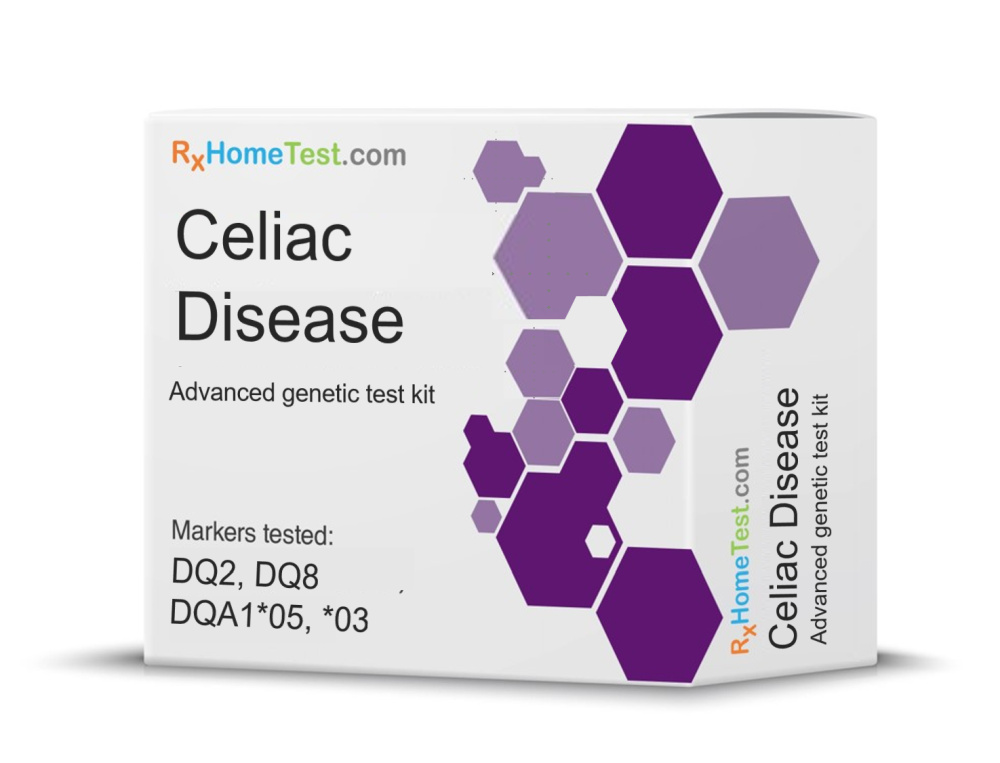
Knowing the early signs of celiac disease can help you catch and treat it early. Here are five common symptoms you should keep an eye out for.
Celiac is a common genetic autoimmune disease that results in small intestine damage when the person consumes gluten, a protein found in cereal grains. Diagnosing it is often difficult, as the symptoms of celiac disease are varied and general. But knowing the early warning signs can help you determine if you’re at risk. Here are five common symptoms associated with celiac disease to look out for.
Bloating is when gas is in the stomach and intestines, often causing your stomach to bulge out. The exact reason that celiac disease causes bloating is a mystery, but many believe it’s due to increased inflammation in the small intestines from eating gluten.
Bathroom troubles are another potential indicator of celiac disease. Constipation and diarrhea are common in those with celiac disease due to the serious damage the condition causes to the small intestine. Diarrhea typically occurs because the small intestine fails to properly digest food, resulting in runny, foul-smelling stool. Constipation, on the other hand, happens when the small intestine absorbs moisture from the stool, turning it dry and hard.
If you’re inexplicably losing weight, celiac could be a possible cause. Celiac disease prevents the small intestine from absorbing foods and minerals, which can result in malnutrition. Because your body isn’t getting enough calories from the food you eat, you start to drop pounds, even if you’re consuming more than your basal metabolic rate.
Celiac can cause a condition known as dermatitis herpetiformis (DH), or Duhring’s disease. In people with DH, the antibodies associated with celiac disease trigger an immune response on the skin, resulting in itchy, blistering rashes and lesions.
Nutritional deficiencies caused by celiac disease can cause peripheral neuropathy, which is a result of damaged peripheral nerves near the brain and spinal cord. People with peripheral neuropathy experience a gradually spreading pins-and-needles sensation in the hands and feet; less commonly, it can also affect the face.
Gastrointestinal complaints, ranging from abdominal pain to bloating, are some of the earliest warning signs of celiac disease to look out for. Gastrointestinal problems can indicate a wide range of conditions. But if they most commonly arise in the aftermath of consuming gluten products or appear in conjunction with other symptoms like rashes and numbness, they could be a result of untreated celiac disease.
If you’re worried that you might have celiac disease, the best way to confirm a diagnosis is via testing. At RxHomeTest, we offer celiac home test kits that allow you to test for the condition from the comfort of your home. Our test measures the levels of celiac antibodies in your blood. If you test positive for these antibodies, it’s extremely likely that you have celiac disease.
Using our kits is easy. Just order, collect your finger prick samples using the provided instructions, and ship them off for free to our world-class labs. An expert will review your results and we will send you a thorough, easy-to-understand report.

Order an At-Home Celiac Genetic Test.
Celiac – FAQs - key facts about gluten intolerance.
The Differences Between Genetic and Antibody Celiac Tests - a summary of key differences.
Celiac Disease vs. Gluten Intolerance vs. Wheat Allergy: What's the Difference - a few key differences.
Debunking the Top 5 Celiac Disease Myths - learn how to separate the facts from fiction.
Five Negative Impacts of the Gluten-Free Trend - going gluten-free may not always be the right answer.
What is Celiac? History, Present and Genetic Risk - a detailed look at celiac.
How to Read a Celiac Genetic Test Report? - makes it simple, easy to understand your results.
Food Allergies vs Food Sensitivities: What’s the Difference? - a few simple steps to differentiate.
Food Allergies in Children - a short summary.